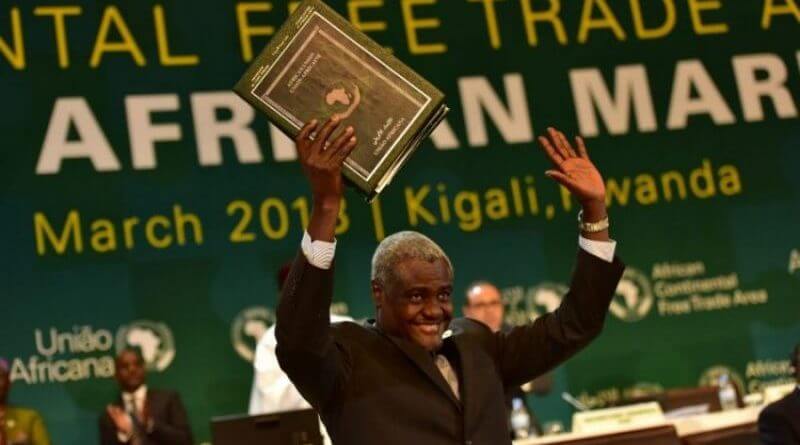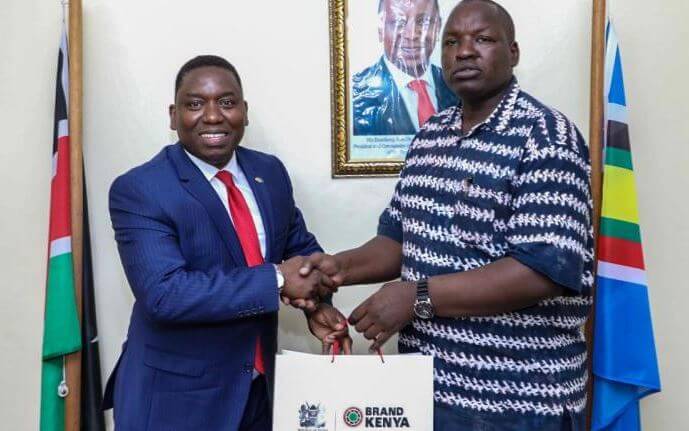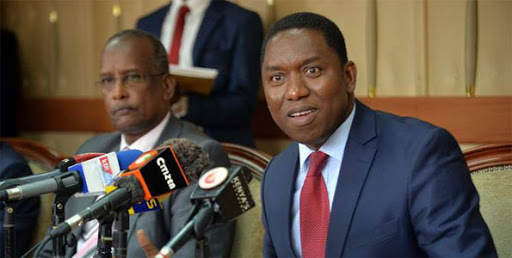ADDIS ABABA, March 9 (Xinhua) -- Effective implementation of the African Continental Free Trade Area Agreement (AfCFTA) could result in welfare gains amounting to 1.8 billion U.S. dollars for East African economies, while boosting intra-African exports by more than 1.1 billion U.S. dollars and creating more than 2 million new jobs, according to a new United Nations report. The newly published report, entitled "Creating a Unified Regional Market, Towards the Implementation of AfCFTA in East Africa" and jointly published by the UN Economic Commission for Africa (ECA) and Trademark East Africa over the weekend, provided a first comprehensive assessment of the potential impact of the continental free trade deal on the East African economies. The report, which discusses the measures and supportive instruments that will be needed towards the success of the AfCFTA, mainly analyzed existing patterns of intra-regional trade and investment as well as the opportunities created by access to more open domestic and regional markets under the free trade pact. According to the report, the elimination of tariffs and non-tariff barriers required by the AfCFTA "will boost intra-African trade and improve developmental prospects for East Africa, allowing regional firms to tap into the rapidly growing markets both within the region and throughout Africa." It, however, stressed that many of the expected gains could be undermined if the needs and concerns of the private sector are not heard in order to gain an understanding of the impact on the affected sectors. The report also noted that establishing regular platforms...
East Africa to reap big from AfCFTA: UN report
Posted on: March 23, 2020
Posted on: March 23, 2020























